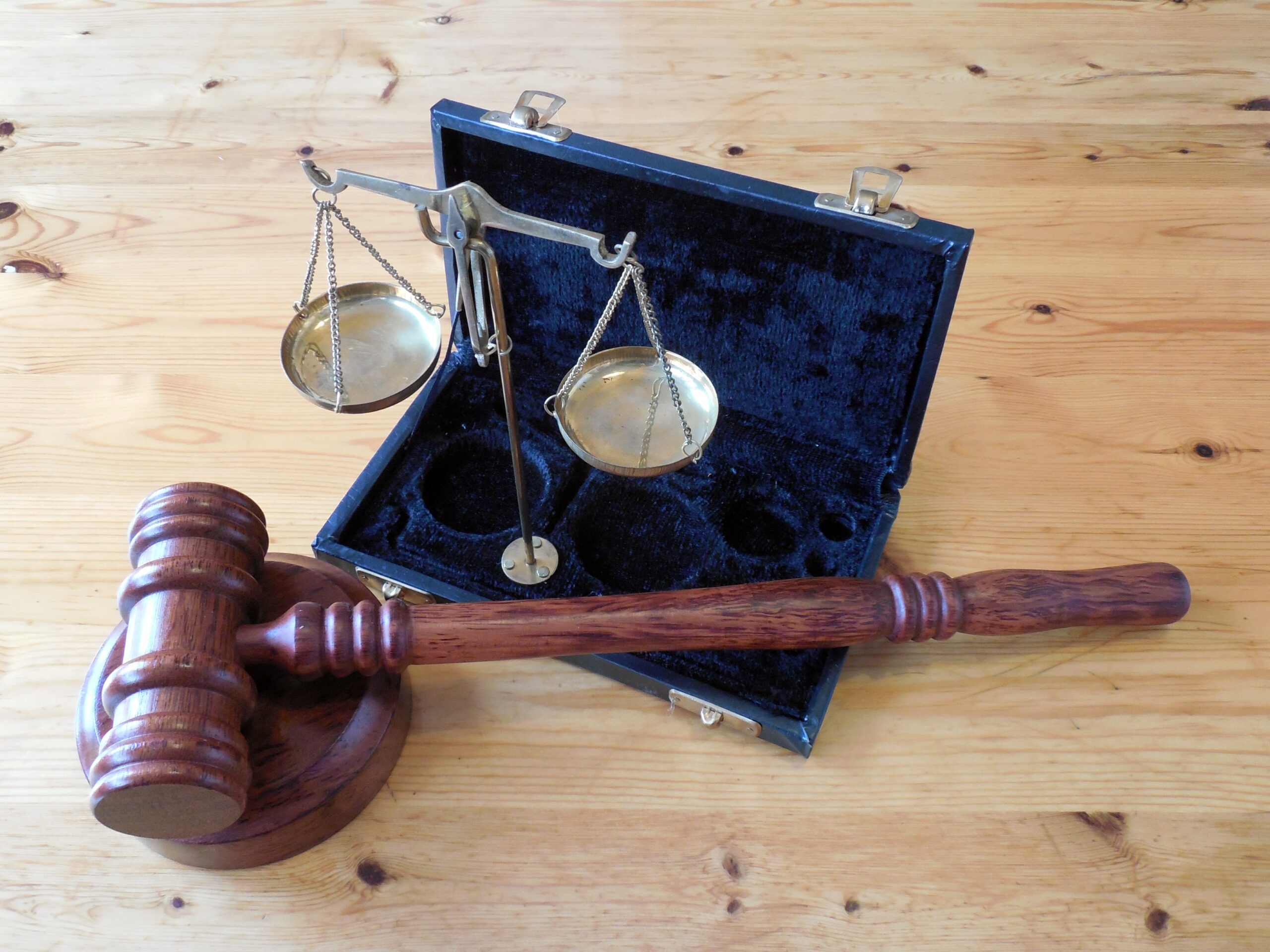In November 2016, Florida voters approved Amendment 2, which took effect in January 2017. The controversial amendment formed part of the Florida Marijuana Legalization Initiative and was designed to extend the rights of patients, allowing for more potent strains of medical marijuana in Florida to become available and to be used in the treatment of a wider variety of medical conditions.
However, since this amendment has passed, and with just one month to go in the session, Florida lawmakers remain at odds as to how to carry out and put into practice the new amendment. Senate and House members disagree on the finer details of how to expand access to the drug, from licensing additional distributors to cover the increase in demand to requiring patients to be seen by the same doctor for at least three months prior to receiving their prescription.
What Does Amendment 2 Mean for Medical Marijuana In Florida?
Under Amendment 2, medical marijuana use will expand beyond the limited prescription of low-strength strains allowed under the 2014 law. The new legislation also expands the list of ailments that qualify for a medical marijuana prescription from cancer, epilepsy and chronic muscle spasms to include post-traumatic stress disorder, amyotrophic lateral sclerosis, HIV/AIDS, glaucoma, Crohn’s disease, multiple sclerosis, Parkinson’s disease and potentially other chronic conditions.
It is still yet to be determined whether the new amendment will expand the rights of patients to choose how they would like to ingest their medication. Currently, patients are only allowed topical lotions with vaping being permitted only in the cases of terminally ill patients. This means that smoking, consuming edibles (brownies, gummies, lollipops etc.) and taking tinctures are still illegal with or without a legal prescription.
What Bills Concerning Medical Marijuana in Florida Are Being Debated?
There are two major bills at play: Senate Bill 406, sponsored by Sen. Rob Bradley, is viewed as more permissive and has drawn support from advocates in the medical marijuana community. House Bill 1397, sponsored by Rep. Ray Rodrigues, has been criticized for being overly restrictive and is heavily backed by the Drug Free America Foundation.
What Do These Bills Aim To Achieve?
SB 406 would eliminate the current requirement that states that patients are required to be under a specific doctor’s care for at least three months prior to receiving a prescription for medical marijuana in Florida. HB 1397 would keep such restrictions in place, something that the medical marijuana community claims will outprice many of the patients who could benefit from the prescription.
Doctors are already experiencing a significant influx of new patients eager to qualify for medical marijuana prescriptions. As of now, there are currently seven dispensaries licensed to sell medical marijuana in Florida. SB 406 would immediately expand the number of licenses issued to medical marijuana distributors in the state to allow for the rapid increase in demand. HB 1397 would first require that more 250,000 patients sign up for medical marijuana in Florida before expanding the pool by an additional five businesses. This pool would continue to increase when sign-ups reach 350,000; 400,000; and every 100,000 patients thereafter.
SB 406 would also establish a coalition for medical marijuana research through Tampa’s H. Lee Moffitt Cancer and Research Institute and would require that an independent laboratory test all medical marijuana for quality and potency before it is made available to patients. Given the federal government’s previous troubles in producing medical-grade marijuana for patients, these last amendments have received a warm welcome by the medical marijuana community.
What Will Happen If Lawmakers Can’t Agree?
Amendment 2 states that the new legislation for medical marijuana in Florida must be adopted by the state by June 3, 2017, at the latest. If the Senate and House can’t agree on a workable bill by the end of the session May 5, then the health department will be required to issue the regulation on its own. This would make the new legislation much more vulnerable in terms of various legal challenges and would ostensibly leave the issue in the hands of the courts.
Stay tuned for further news on medical marijuana in Florida and what the new legislation will mean for patients’ right to access, conditions that will qualify for use of medical marijuana, different ways to dose with MMJ legally, and the different strains that will become available and how best to use them. In the meantime, if you’re curious about medical marijuana, its benefits and the rights of patients in other areas of the country, then check out the other articles on our extensive blog.


